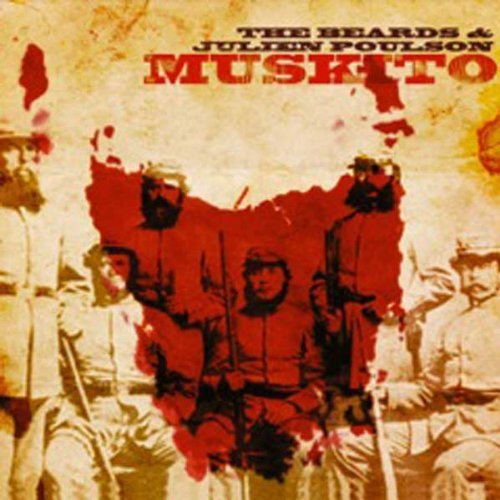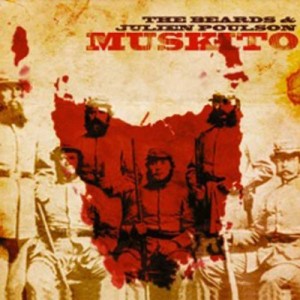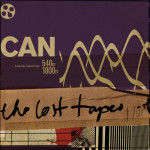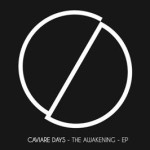Emanuele Marchiori and Massimiliano Magro are The Beards. They are Italian. That much is clear. They should not, though, be confused with The Beards, who are Australian. It does get even more confusing in that Muskito is a collaboration with Julian Poulson, who just happens to be Tasmanian. Poulson has also written the screenplay to a film that is set in his native Van Dieman’s Land and to which Muskito provides the score. If further clarification around identity were needed then it should be noted that these Beards, give or take the odd ‘tache, are not hirsute whilst their Antipodean namesakes all sport full sets. It is upon such differences that careers can hang.
No such confusion can surround the music, though. It screams soundtrack from the very outset. Even without the benefit of the film’s narrative or visual clues you can still imagine it to be very big on location shots, dramatic tension and brooding silences. The good, the bad and the most ugly of characters will no doubt emerge from the dust and shadows of this uncivilised, lawless wilderness. They will probably all say very little and look something like Lee Van Cleef. The music will do their talking for them as it seeks to develop a sense of desperation, foreboding and danger.
Parts of Muskito could well have been swept up from the cutting room floor of Murder Ballads. And when The Beards lean heavily on the shoulder of The Drones’ Gala Mill, yet another Australasian influence becomes even more apparent. But whilst much of The Beards’ musical style on this record may well come from Down Under, both of their heavily accented singing voices point to western all’italiana and though you could be led to believe this was the perfect match for a spaghetti western it feels incongruous. It is almost as if in this disconnect it shares another central characteristic with those early films, that of the post-synchronisation. And it is here that the impact of the music becomes diluted, leaving you with the distinct impression that The Beards would have been better served to have borrowed once more from Nick Cave, only this time to stay in keeping with his film scores by remaining purely instrumental.
[Rating:3]





